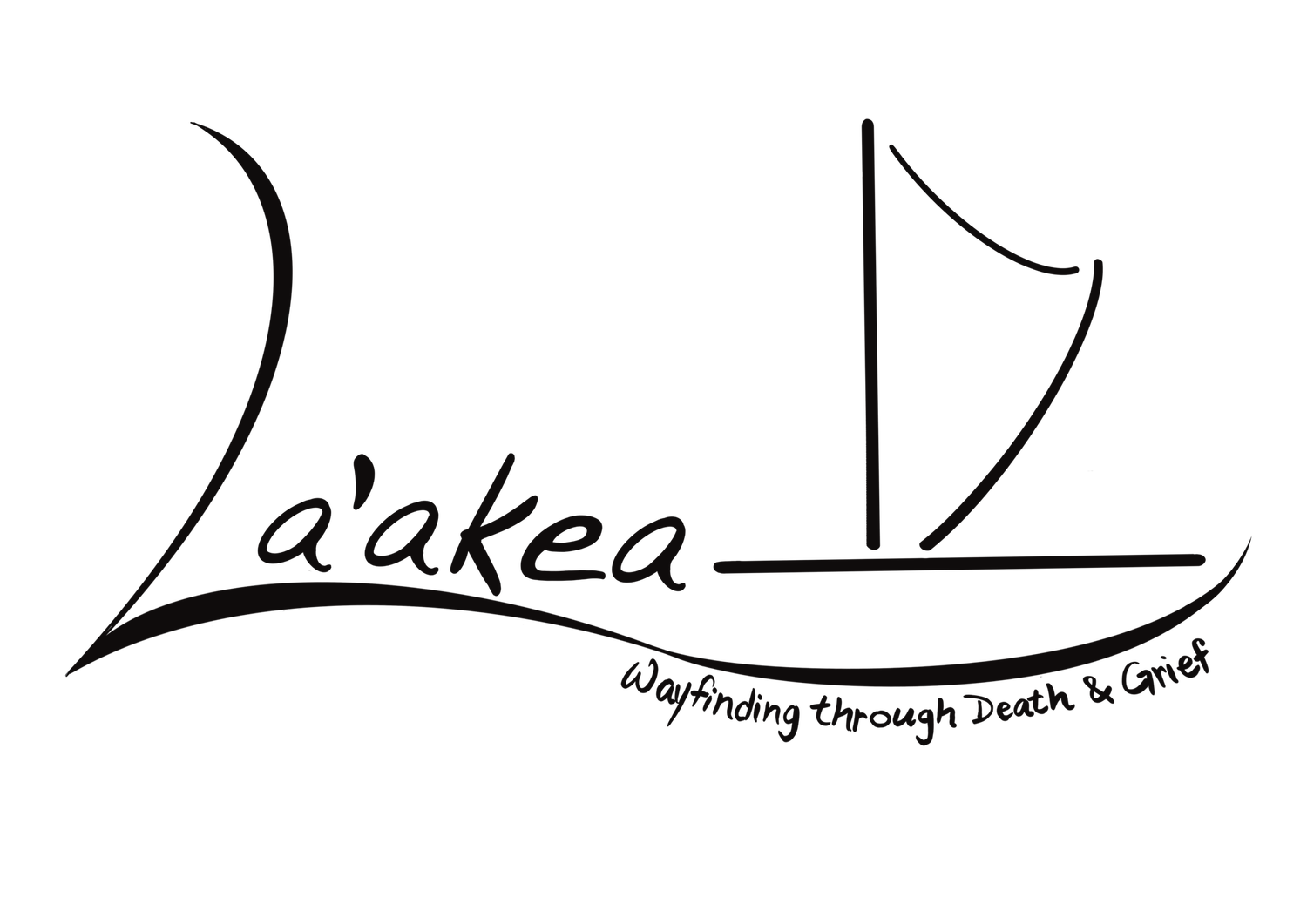Comfort and Care of the Caregiver
Take care of yourself. Breaks from your loved ones in need are a necessary part of staying strong and healthy and will allow for your continual support.
If you have someone that can sit with your loved one while you take a short nap, this can be essential to restoring your energy reserves and ensure that your loved one is well cared for and looked after when you step away for a bit.
Taking a hot shower and changing your clothes can make all the difference in how your body and spirit feel. If it is supported, do this daily or twice daily if you prefer.
As you are able, try to stay hydrated and nourished. It is quite common to completely ignore your own needs, but you can’t be your best self if you don’t take care of yourself. Your body needs fuel and fluid to continue functioning, please honor it’s needs.
If you are able, try to get out into nature and connect with the ‘āina (land) for a short visit. Whether that is swimming in the ocean, laying under the stars, standing under some swaying trees or just barefoot in the grass, nature has an incredible, innate rhythm that can help to restore and reset your nervous system. Take a few moments to pause, close your eyes, and focus on your ha (breath). The pilina (relationship) we have with others is only as good as the pilina we have with ourselves.
Please don't be afraid or hesitant to set boundaries for yourself. If you start to feel emotionally activated by a family member or friend during this time, this is indicative that your boundaries are being crossed. It’s okay to say, “thank you, but that doesn’t work for me right now” or to ask for what you need.
When your loved one is sleeping, turn your chair away from them or turn your back to them for a time. Physically turning away from your sleeping loved one for short periods can help strengthen your emotional and spiritual connection to them. You can still feel them with you, even when you are unable to see them. This can be a very helpful first step in preparing for a life without the physical presence of your loved one. This can be a lovely exercise for keiki (children) to prepare for the death of a loved one as well. Death is the ending of a life, not the relationship.
Treat yourself as you would your very best friend. Ask yourself what you would want for them as they moved through this experience and honor that for yourself.

